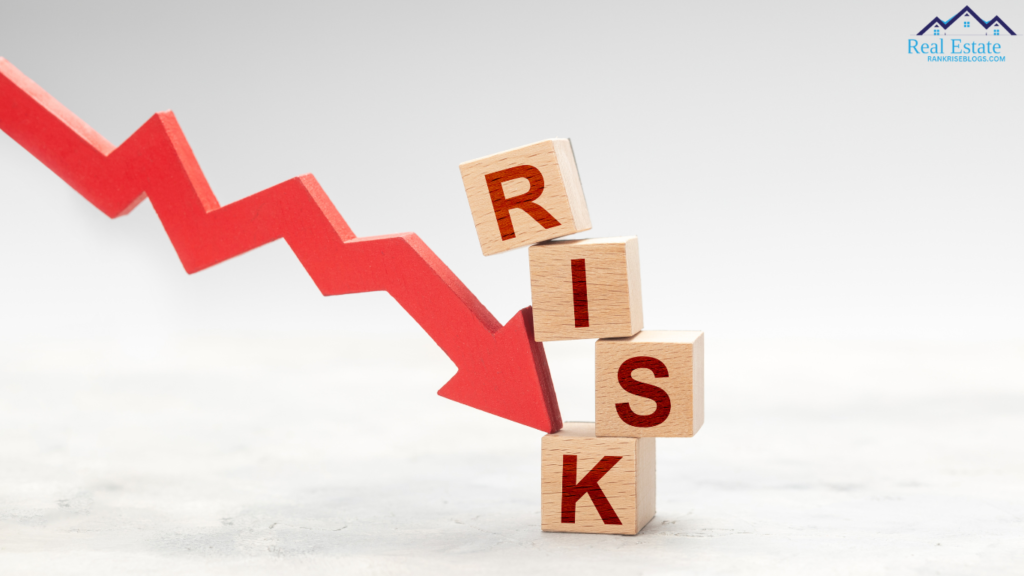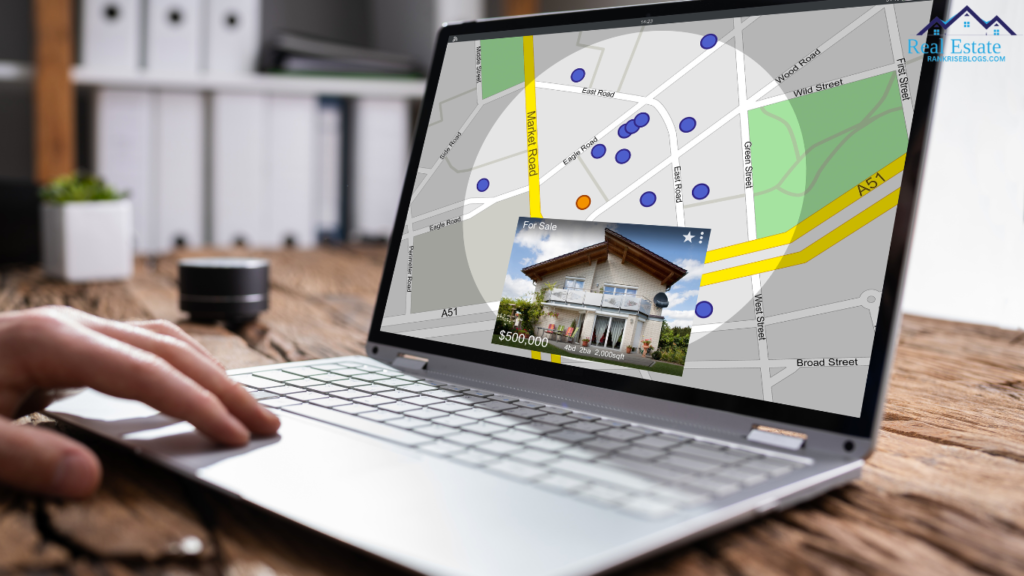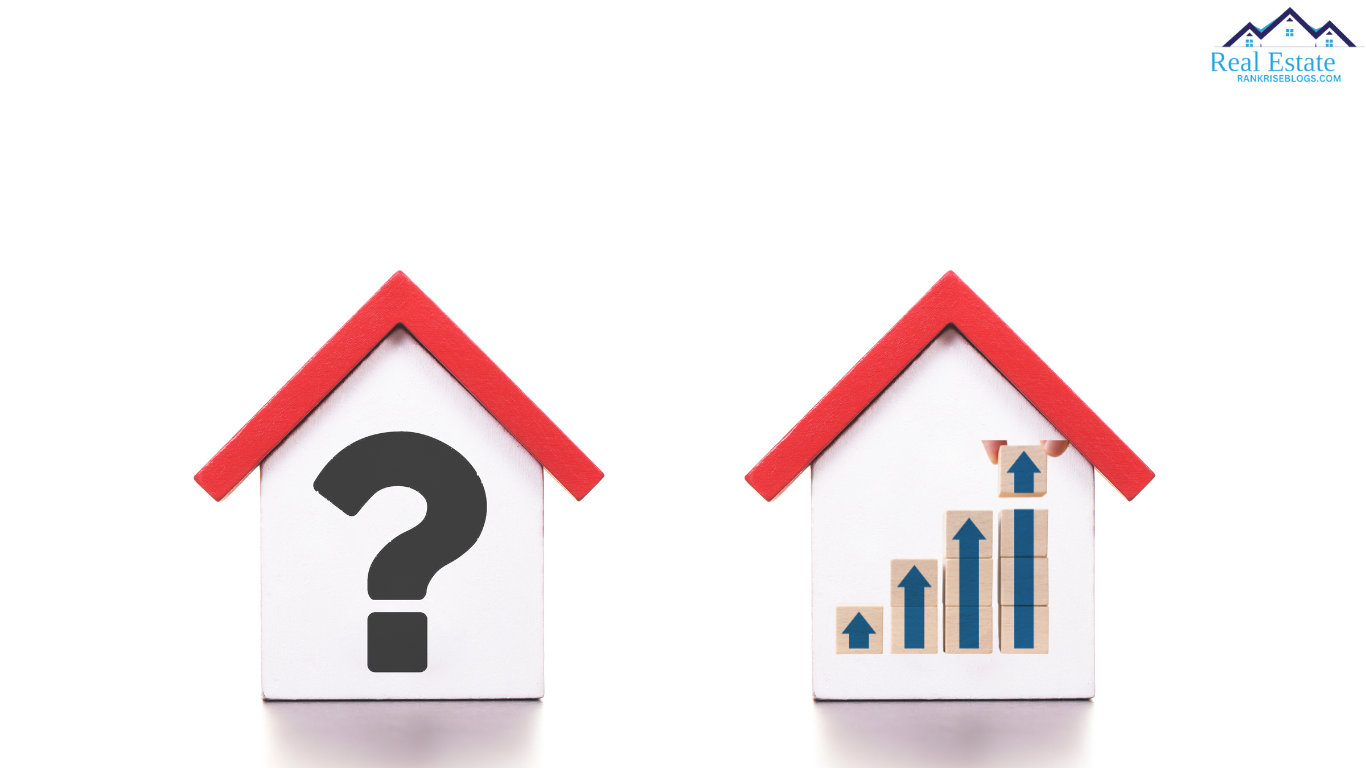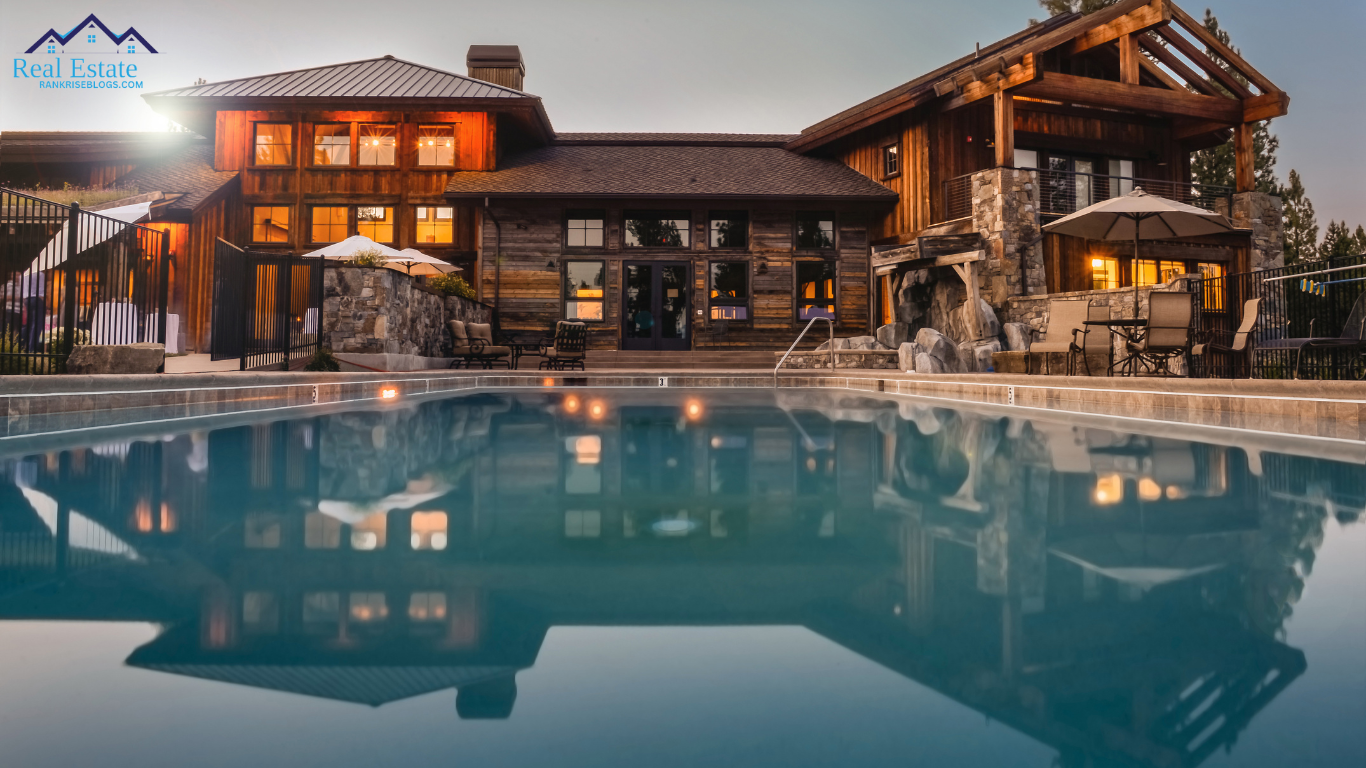Introduction
When it comes to securing your financial future, one of the most significant decisions you’ll face is whether to buy a house or invest your money elsewhere. This question can be overwhelming, especially in today’s fast-paced world where financial opportunities are abundant. Both options have their advantages and risks, and the decision depends largely on your personal goals, financial situation, and preferences.
Buying a home has traditionally been viewed as a step toward financial security, a symbol of stability, and a way to build wealth. On the other hand, investments—ranging from stocks, bonds, mutual funds, and even cryptocurrencies—have the potential to generate higher returns but come with their own set of challenges.
In this blog post, we will explore the key differences between buying a house and investing, discussing the benefits and drawbacks of both. By the end of this article, you’ll be equipped to make an informed decision about which option is best for your financial future.
What Does Buying a House Involve?
Buying a house is a big commitment that requires careful thought and planning. For many, owning a home is a lifelong dream and a key part of their financial journey.
The Home-Buying Process
The process of purchasing a home starts with obtaining a mortgage. The mortgage process typically involves getting pre-approved by a lender, making a down payment, and navigating closing costs. Once you’ve moved into your home, you’ll need to cover the mortgage payments, property taxes, homeowners insurance, and maintenance costs. It’s important to note that while the upfront costs can be high, owning a house comes with the potential for long-term financial benefits.
Pros of Homeownership
- Building Equity: One of the most significant benefits of buying a home is the ability to build equity over time. With each mortgage payment, you increase your ownership stake in the property. Unlike rent, which offers no return on investment, mortgage payments help you grow an asset that can be leveraged in the future.
- Stability: Homeownership provides long-term stability, especially in terms of monthly payments. Unlike renting, where landlords may increase rent or decide to sell the property, owning a home ensures your costs are predictable and fixed for the duration of the loan.
- Pride of Ownership: There’s a unique sense of pride that comes with owning a home. It’s not just a financial investment; it’s a personal one. You have the freedom to renovate, decorate, and truly make it your own without restrictions from a landlord.
Risks and Challenges of Homeownership
- High Upfront Costs: Buying a house typically involves a large down payment (usually 20% of the home’s value), closing costs, and sometimes renovation or repair expenses. These costs can be a significant barrier for many prospective homebuyers.
- Ongoing Expenses: Homeownership comes with substantial ongoing costs, including property taxes, insurance premiums, maintenance, and utilities. These can add up quickly, especially if you own a larger home or one that requires frequent repairs.
- Market Volatility: The housing market can fluctuate over time, meaning that the value of your property may not always appreciate as you expect. In some cases, home values may stagnate or even decline, making it difficult to sell for a profit or refinance at a favorable rate.
Investing, on the other hand, is the act of putting your money into assets that have the potential to grow in value over time. This can include stocks, bonds, mutual funds, or even newer alternatives like cryptocurrencies.
What Does Investing Involve?
The Investment Process
Investing involves allocating money into assets with the expectation of generating a return. Unlike homeownership, where you’re tied to a physical property, investments tend to be more liquid. For example, you can buy and sell stocks on the market relatively quickly. This flexibility makes investing appealing for those who want to have more control over their finances or prefer not to be tied down by the responsibilities of homeownership.
Pros of Investing
- Higher Potential Returns: Historically, the stock market has provided higher returns compared to real estate. While housing prices have appreciated at an average rate of 3-5% annually, the stock market has averaged around 10% annually over the long term, offering much higher potential for wealth accumulation.
- Liquidity: One of the main benefits of investing is liquidity. Unlike real estate, where selling your property can take weeks or even months, stocks and bonds can be bought or sold almost instantly. This liquidity offers a greater degree of flexibility in managing your finances.
- Diversification: Investing allows you to diversify your portfolio across various sectors, such as technology, healthcare, energy, and international markets. This reduces your overall risk by ensuring that your wealth is not tied to a single asset or market.
Risks of Investing
- Market Volatility: The stock market is inherently volatile. Investments can fluctuate in value, and there’s always the possibility that the value of your assets may decrease. This is especially true for high-risk investments such as stocks or cryptocurrency.
- No Tangible Asset: Unlike a house, which you can physically see and use, investments like stocks or mutual funds are intangible. While they may grow in value over time, they don’t offer the same sense of security or ownership as physical property.
- Risk of Loss: With investments, there’s always a risk of losing money. High-risk investments can lead to significant losses, especially during periods of market downturns.

Buying a House vs Investing: A Financial Comparison
When deciding between buying a house and investing, it’s essential to consider both the short-term and long-term financial implications of each option.
Initial Costs
- Homeownership: The initial cost of buying a house includes the down payment (usually 20% of the purchase price), closing costs, and any initial repairs or renovations. For example, on a $300,000 home, you could expect to pay around $60,000 upfront, not including closing fees or repairs.
- Investing: The initial cost of investing can vary widely depending on the type of asset. Stocks can be purchased for as little as $100, while more substantial investments in real estate may require a larger initial capital outlay.
Ongoing Costs
- Homeownership: Homeowners are responsible for ongoing costs such as mortgage payments, property taxes, homeowners insurance, and maintenance. These costs can vary depending on the size of the property and the location, but they can quickly add up to several thousand dollars each month.
- Investing: Investment costs are typically lower. While stocks or mutual funds may incur transaction fees or management fees, they are often much more affordable than maintaining a property. The ongoing costs of investing are generally minimal compared to homeownership.
Potential Returns
- Homeownership: Historically, the average return on real estate investments has been around 3-5% annually. However, this can vary significantly depending on the location and condition of the property. In some cases, real estate values may stagnate or decline, especially during market downturns.
- Investing: The stock market has historically provided higher returns, with an average annual return of around 10% for the S&P 500 index over the past several decades. Other investment vehicles, such as bonds or mutual funds, may offer more conservative returns but still tend to outperform real estate over the long term.
The Emotional and Lifestyle Considerations
While financial factors are crucial in this decision, emotional and lifestyle considerations also play a significant role.
Homeownership and Emotional Security
Owning a home provides a sense of permanence and security. For many, a home is not just a financial investment; it’s a personal one. It’s a place to build memories, establish roots in a community, and have control over your living environment. This emotional aspect of homeownership cannot be overlooked when making a decision.
Investing and Lifestyle Flexibility
Investing, on the other hand, offers more flexibility. With investments, you have the freedom to diversify and adjust your portfolio based on changing market conditions. This flexibility is appealing to those who prefer a less static lifestyle, or who are interested in exploring different opportunities across multiple asset classes.
Long-Term Wealth Building: Which Option is Better?
Both homeownership and investing are effective ways to build long-term wealth, but they do so in different ways.
- Homeownership: Over time, a home can appreciate, and you can build equity with every mortgage payment. However, the growth of your wealth may be slower compared to other investment options. Real estate is a relatively stable asset, but its returns tend to be more predictable and lower.
- Investing: The stock market offers the potential for much higher returns, particularly when compounding interest is considered. While the stock market is more volatile, it has historically outperformed real estate investments over the long term, providing a quicker path to wealth accumulation.
Factors to Consider: Location, Market Trends, and Risk Tolerance
Your decision between buying a house and investing depends on several key factors, such as your location, the state of the housing and stock markets, and your personal risk tolerance.
- Location: Property values vary greatly depending on location. Urban areas may offer higher home prices, but they also have the potential for greater appreciation. The stock market, meanwhile, offers a broader range of options and the ability to diversify across sectors and geographic regions.
- Market Trends: Pay attention to trends in both the housing market and the stock market. If property values are on the rise, it might make sense to invest in real estate. If the stock market is thriving, it could be a good time to increase your investments.
- Risk Tolerance: If you prefer stability and a guaranteed asset, buying a house may be the better option. If you’re more risk-tolerant and willing to potentially endure market volatility for higher returns, investing could be more suitable.
Expert Opinions and Insights: What Financial Advisors Recommend
According to financial advisors, there is no one-size-fits-all answer. Some recommend homeownership as a long-term investment that provides stability and security. Others suggest investing in a diversified portfolio of stocks, bonds, and other assets to take advantage of the higher potential returns.
A common piece of advice is to balance both options. By owning a home and investing in a diversified portfolio, you can enjoy the benefits of both security and high returns.

FAQ: Buying a House vs Investing
1. Which option is more affordable: buying a house or investing?
Buying a house usually requires a significant initial investment, including a down payment and closing costs. Investing can often be started with smaller amounts, especially in the stock market, which may make it more affordable initially.
2. Can you make money faster by investing than by buying a house?
While homeownership provides steady long-term wealth building, investing in stocks or mutual funds offers the potential for faster returns, especially when compounding interest is factored in.
3. Should I buy a house or invest if I want long-term wealth?
Both options help build long-term wealth, but investing tends to offer higher returns over time. Real estate provides stability and equity growth, but stocks have historically provided a higher rate of return.
4. What are the risks involved in buying a house?
The risks include market volatility, high maintenance costs, property taxes, and the potential for home values to decline, leaving you with less equity than you initially invested.
5. How do market trends affect buying a house vs investing?
Both markets are influenced by trends. In a strong housing market, real estate might be the better investment, while during periods of stock market growth, investments may outperform real estate.
Conclusion
Choosing between buying a house and investing depends on your financial goals, risk tolerance, and personal circumstances. While homeownership offers stability and the chance to build equity, investing provides higher potential returns and greater flexibility. The key is to balance both strategies, leveraging the benefits of homeownership and the growth potential of investments to maximize long-term wealth.



